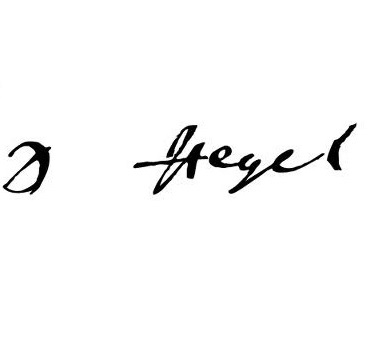Amore e pudore nel giovane Hegel
DOI:
https://doi.org/10.13135/2038-6788/8865Parole chiave:
Amore, Hegel, Pudore, Individualità, SdegnoAbstract
In analyzing the theme of shame in Hegel’s early writings, especially his “A Fragment on Love”, I have chosen to focus on the twofoldness of such a concept. Shame ends up being at the same time an expression of both love and the absence of it, that is, of its incompleteness. When shame, as “rage for unresolved individuality”, manifests the limit of separation and thus invites subjectivity to overcome it, its evocative power strengthens the love bond; conversely, in the projection of the limit as unsurpassable, enacted by a “bad conscience” afraid of a return to the incommunicability of matter and the absence of relations in nature, the manifestation of shame becomes dangerous, since it absorbs the vital power of love and suffocates it in fear. Shame thus takes up two different form, depending on the temporal dimensions opened up by its manifestation—the future of the relation or the past of the origin.


